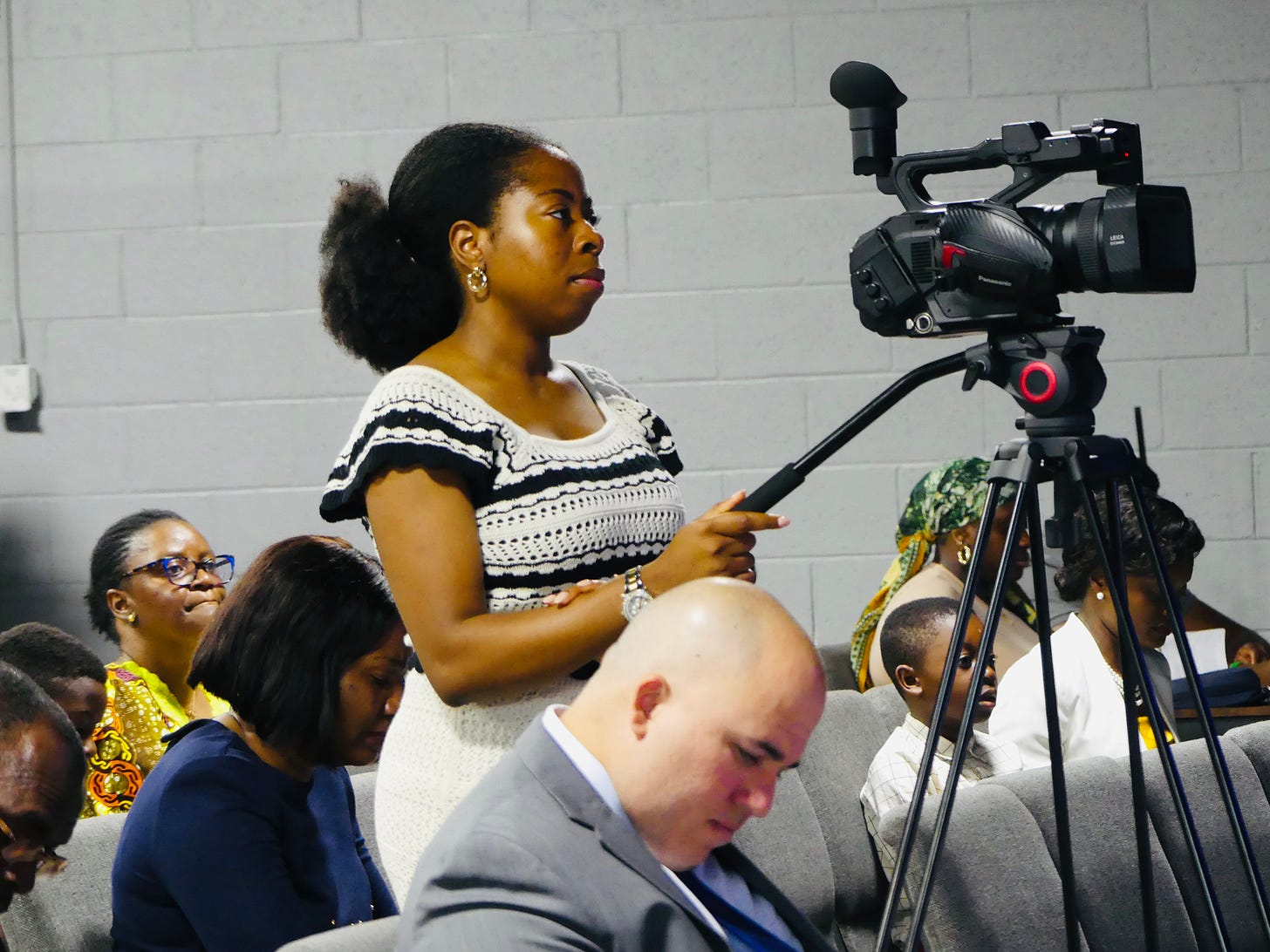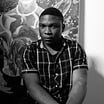This is the 8th edition of Inverted Blackness, a photoblog documenting Africans living in America.
FAITH: “When I moved to the United States, the first thing that boggled me was how isolating it was. In Nigeria, even if you’re not friends with anyone, when you step outside at any given time, there are people all around you. You’re not quote unquote lonely. People follow you home from church. You have this, like, community experience. But in America, it was kind of like you’re seeing the same four or five people every day. Then, I hadn’t gone to school because I came in May and didn’t start school until September. So that period from May to September, I was like: ‘Where are the people? Where do people go? Why is nobody outside?’ And then I was like: ‘Where is the sun?’ Because then, everywhere was just so gray. It’s just so isolating. I was like, look at all these houses, I’m sure there are people inside, but why are they not outside? It wasn’t until I went to school that I realized that people do come to school, and that other people are working jobs. Your social circle was formed either at school or at your place of work, for the most part. I remember listening to Justin Bieber’s new album back to back. I think it was called Purpose, where he sang ‘Is it too late now to say sorry?’ So, I was listening to a lot of Justin Bieber and reading a lot of novels to pass the time. Then I joined Winners Chapel here in Providence, and found a new community that I’ve been a part of for nearly two years now.”
“Another thing that stood out to me in America is the culture of ‘complaining.’ I don’t know whether ‘complaining’ is the right word. So, in Nigeria, when the government does something, you kind of take it as that’s what the government does. You’re not surprised. It’s only recently that we had the End SARS movement when people protested and spoke out against the government, which is usually not the norm. So, that culture of complaining in America, you could be talking to someone, and you would think everything is going fine, but then you notice that the entire conversation is about the person expressing dissatisfaction about something. Like, you go to a restaurant, and most of what you talk about is how maybe the table is not so great, or how the food is maybe not so great, or maybe the waiter is this or that. In Nigeria, I think we won’t complain about things like that—the food is what we’re here for, unless maybe the food is not good, then we might say something. But here, most of the small talk is like complaining or expressing dissatisfaction in a public service.”

“For me, growing up in Nigeria, I think I grew up very quiet and reserved. And being quiet was kind of praised, because that could mean that you’re studious and smart. But here, it’s like: ‘What’s wrong with her? Why doesn’t she want to talk to anybody?’—especially in a work setting. You can’t really excel at work without having the ability to network in that way, like getting out of your comfort zone and initiating conversations with people. I feel like I’ve changed in that way because I’ve had to adapt to this new way of networking, you know, just taking that lead in conversations.”
Faith was born and grew up in Nigeria before moving to the United States at eighteen. She received a bachelor of science from the University of Rhode Island and currently studies for a master’s in public health at Texas Tech University Health Center. Until recently, she was a health data analyst at Monarch Inc.
Thank you for reading Inverted Blackness! This photoblog publishes stories and photographs of Africans living in America, offering a glimpse into the African diasporic experience in the United States.
If this newsletter is shared with you, kindly consider subscribing and sharing it with others. Please, whitelist the email so you never miss anything from us. Thank you!








